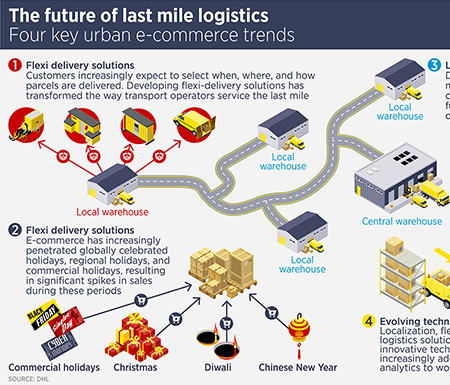
Digital futures- six ways AI will change real estate
Artificial intelligence is no longer the stuff of science fiction but is playing a growing role in the business of real estate.
Typically defined as the simulation of human intelligence processes by machines, especially computer systems, AI does not necessarily mean self-awareness, such as that possessed by science fiction robots such as HAL or C3PO.
However, AI systems are capable of interpreting data and of learning and adapting, unlike early chess playing programmes, which simply ran through possible moves at great speed. The capacity of computers to speed through data and to interpret it is what makes AI so valuable.
Chris Marriott, chief executive, South East Asia at Savills, says: “AI can be applied to a range of functions in order to boost the speed and efficiency of decision-making. It is bound up with big data, so for real estate companies to take advantage of its possibilities, they need to have access to the best quality data. This will be more challenging in developing markets.”
More than 120m workers globally will need to be retrained over the next three years, an IBM survey reported in September, as AI takes over all or part of their work.
However, Marriott says: “There is a tendency to view these developments with trepidation, however these tools free our intelligences from mundane tasks in order to focus on the essentially human aspects of work.“
Asian companies such as Ping An and Swire Properties are amongst the early adopters of and investors in AI and machine learning.
Intelligent fund selection: manager and fund selection is crucial for real estate investors, especially as many have relatively small in-house teams. Japan’s GPIF, the world’s largest pension fund.
Real time asset management: the combination of AI, big data and the internet of things will be a powerful combination for asset and property managers. Real time data on movements around properties will allow building management to target lighting, cooling and heating. In a mall, more data will allow landlords to better select and locate tenants.
Driving investment decisions: would you let machine intelligence make real estate investment decisions? Tel Aviv-based Skyline AI claims it can use AI to “understand vast amounts of data that affect real estate transactions will unlock billions of dollars in untapped value”. The platform analyses huge quantities of real estate data in order to find value opportunities. Last year the company spent $26m on two residential assets in Philadelphia, US, after its systems identified them as undermanaged.
Virtual brokers to help online customers: online browsing for real estate is already common in for residential and smaller commercial assets. Virtual brokers, using algorithms to help buyers find what they want, could take over many tasks from human brokers, freeing them up to deal with value-adding face-to-face business.
Charging smart cities: AI is one of the cornerstone technologies for Ping An’s Smart City Cloud platform, which is already being trialled 30 Chinese cities. In Shenzhen, Ping An created a traffic-control system that has reduced both congestion and accidents, and has saved state-owned enterprises in Nanning RMB129m in financing costs using smart fiscal management.
The death of BPO? It is not all rosy for real estate, however. Some commentators believe business process outsourcing will be largely automated using AI, which would eliminate substantial numbers of jobs in India and the Philippines. However, it is also likely that AI would help BPO workers move up the value chain.
Contact us:
Chris Marriott



